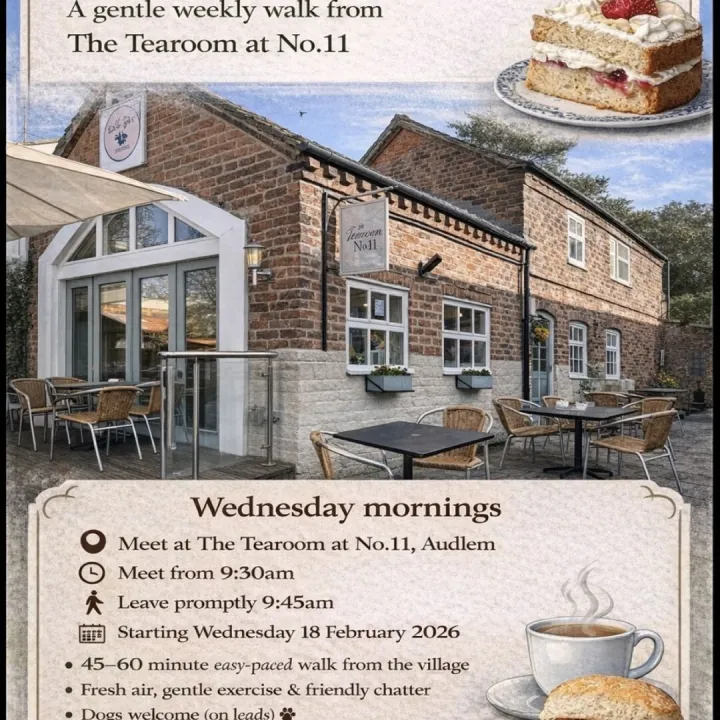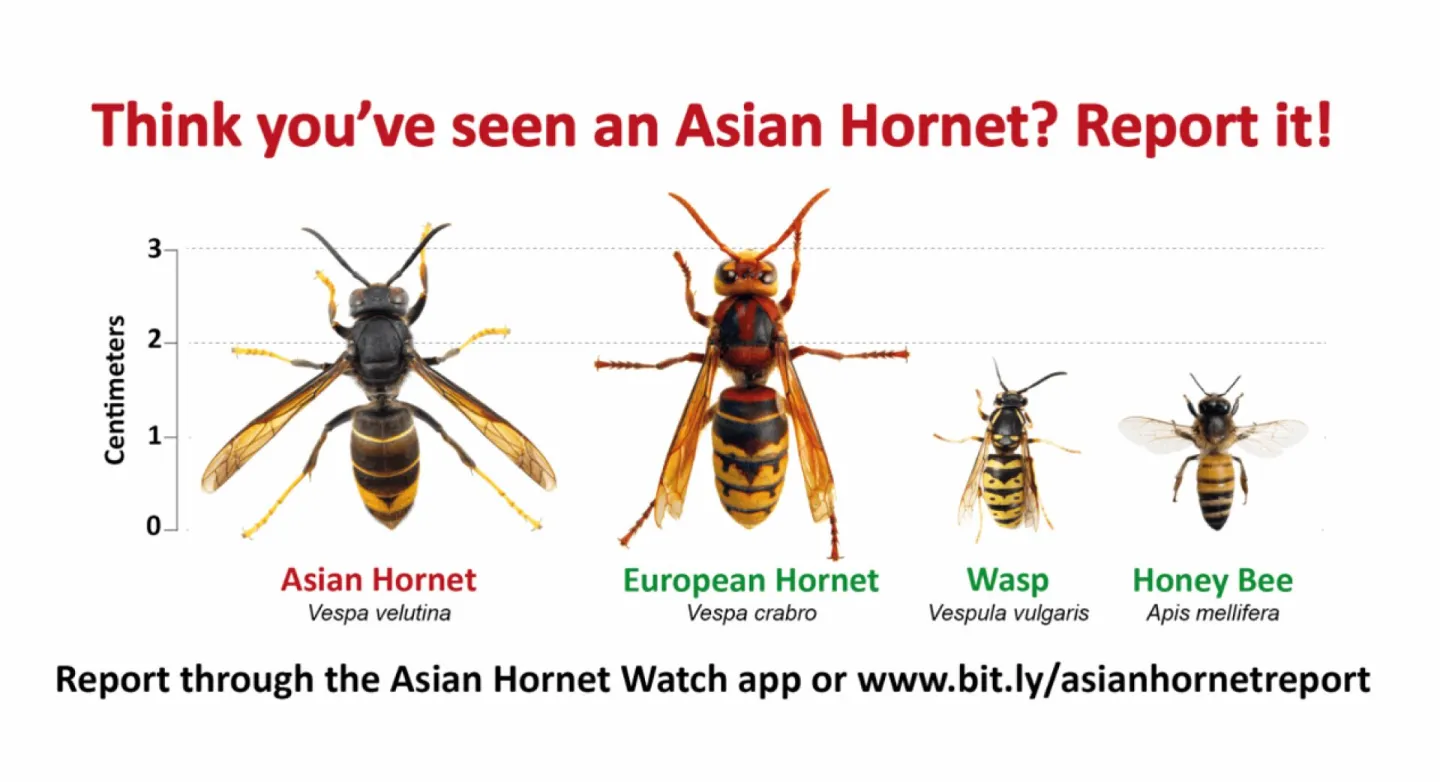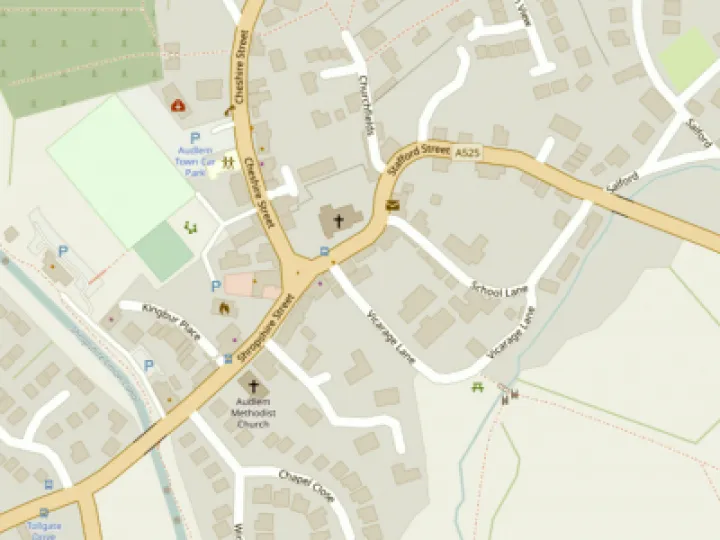







Asian Hornets What you need to know!
The importance of pollinating insects is known to us all and one of our pollinators is the
honeybee. The honeybee is a very important part of our eco-system and our
relationship with this fascinating creature goes back thousands of years.
Unfortunately, it is currently facing a very serious threat from an invasive species of Hornet,
the ‘Asian Hornet’.
You may have heard in the National news that the Asian Hornet is now in the UK.
They arrived in 2016 and since then have decimated honeybee colonies across the south
of England.
The Department for Environment, Food & Rural Affairs (DEFRA) has received
57 reports of colonies in 2023 alone, with sightings dotted across England.
What do they look like?
The Asian Hornet is a large social wasp — social because they nest together in colonies..
Workers reach about 25 mm (1 inch) long, queens about 30 mm. Its long brown body (or
abdomen) has a bright orange-yellow stripe down towards its bottom, the head is black,
but with the face deep orange. The legs are its most distinctive feature – predominantly
yellow, like yellow socks!
How does it compare to the native European Hornet?
It is slightly smaller than the European Hornet but the main differentiator is that the
European Hornet is much browner; a combination of reddish and chocolate browns, the
abdomen is more extensively yellow and the head is entirely yellowish orange.
Why is the Asian Hornet considered a threat?
Like all social wasps, hornets are predators, attacking flies, caterpillars, aphids or whatever
they can get, and feeding the chewed remains to their grubs back in the nest. Asian
Hornets have a penchant for honeybees and their devastating attacks on French hives are
widely reported, with each hornet despatching scores of bees at a time.
In Kent, thousands of bees have already been killed by Asian hornets.
What can be done about it?
Because of its invasive nature, and its selective predation of honeybees, the Asian Hornet
is already declared a potential pest in the UK, and measures have been put in place to try
and contain and eradicate any colonies that are found.
What can you do about it?
Please keep your eyes peeled for Asian Hornets and if you see one please try to get a
photo and report it via email to www.bit.ly/asianhornetreport
See it! Snap it! Send it!
Do not attempt to destroy an Asian Hornet nest, leave that to the professionals.
North Staffordshire Beekeeping Association
Get In Touch
AudlemOnline is powered by our active community.
Please send us your news and views using the button below:
Email: editor@audlem.org





